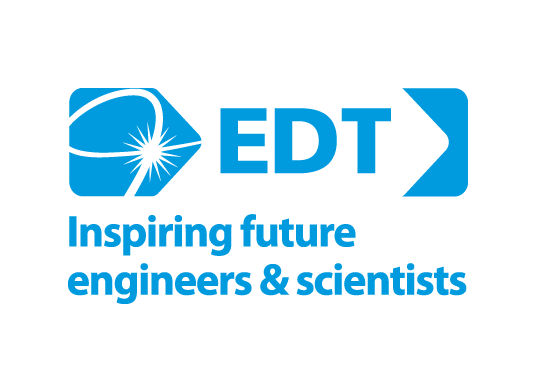Finding an internship with no experience can be tricky, especially when applying to a big company. However, there are ways in which you can improve your CV at university without any prior experience and gain skills employers are looking for.
Join a society
Joining a society can help develop many relevant skills for the workplace. Attending a career-based society will show your interest in the field beyond what you are learning on your course. It could also help you further develop your technical skills through different events such as Hackathons and Capture the Flags, which can also be written on your CV. Alternatively, applying for a role on a society committee will demonstrate leadership and organisational skills.
However, joining any society which you are interested in will demonstrate that you are a well-rounded individual and will help employers determine if you’d be the right fit for the company.
NUSU has two computer science related societies, Cyber Society and the Computing And Technology Society which are definitely worth joining if you haven’t already.
Virtual experience
Another way to gain experience is with virtual internships. Many big companies have courses which you can enrol on for free, including J.P.Morgan, Accenture and Visa. This will be advantageous if you decide to apply for internships at these companies, as you will have already demonstrated that you have the relevant skills they are looking for. It will also give a talking point in interviews and show you have taken initiative to learn more about the company.
Forage has an extensive catalog of virtual internships you can apply for. You can find out more from this blog post here.
Alternatively, Bright Network also has a virtual internship experience each year and many other events throughout the year with many big employees joining to give advice and network with. You can find them here.
They also have a list of employer-led career events which is worth checking frequently. You can find them here.
Volunteer
Volunteering is an opportunity to do good for your community whilst also gaining different experiences that you wouldn’t at university. It will demonstrate you have skills such as teamwork, communication, and self-motivation. You could volunteer in your field of study, using your technical skills to help others. This will show employers that you are passionate about your degree and want to expand your knowledge further. You will also have the opportunity to meet and network with other people in your local community with similar interests.
NUSU has plenty of different volunteering positions including technology-based roles, such as working as a STEM ambassador for the Altitude Foundation.
Create your own project
If you’re trying to show certain technical skills on your CV but aren’t sure how, you could create your own programming project to demonstrate these. This could be based on something you had learnt about at university and wanted to learn about further. Alternatively, this could be based on your interests outside of university. For example, producing a project to solve a problem. Either way, it helps an employer see what you are passionate about and shows interest beyond university study. These can be kept in a programming portfolio on Github to show your employer via a link.


